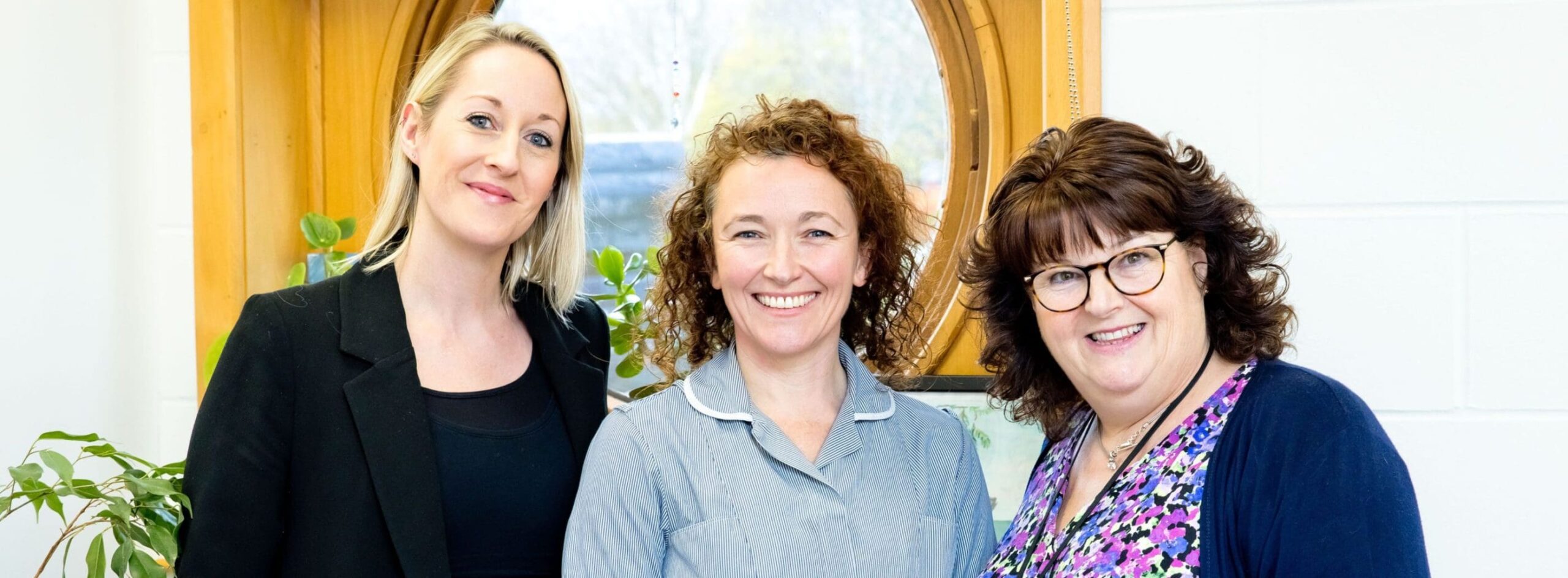In the landscape of modern education, pastoral care has emerged as an indispensable element in nurturing the holistic development of our pupils. More than ever, as we navigate the complexities of our dynamic world and what some might term ‘the escalating teen mental health crisis’, the significance of effective pastoral support in UK schools cannot be overstated.
The UK is currently grappling with a worrying rise in teen mental health concerns. Anxiety, depression, self-harm and suicide ideation are increasingly prevalent among adolescents, with factors such as academic pressure, familial stresses and social media usage exacerbating these challenges. On top of this, local authorities often struggle with inadequate funding and access to Child and Adolescent Mental Health Services (CAMHS).
The result is that schools are left to shoulder a disproportionate burden in supporting students’ mental wellbeing. We can blame multiple things for the position we find ourselves in: social media, the cost of living crisis and the instability of geopolitics, to name a few. But perhaps a more valuable outlook is to look at what we can do to move forward positively, rather than dwelling on thing that individually, we cannot change.
Here at Northampton High School, we certainly do not claim to have all the answers but, in the absence of sufficient external support, we recognise that we are being called upon to fill the void in prioritising the mental health of our pupils. This shift places a greater emphasis on the provision of robust pastoral care within educational institutions and is blurring the lines between parenting and educating. Not only must we create environments for individual academic progress to be made on a daily basis, but we are also required to foster opportunities for pupils to develop resilience, empathyand emotional intelligence.
 We, like many schools, recognise the critical importance of comprehensive pastoral care in nurturing our pupils. Empowering them to take risks with their learning, sparking intellectual curiosity and promoting collaboration with their peers, as well as developing their independent thinking and their perseverance when things get difficult, is a challenge at the best of times. This is made harder still when their emotional resilience is not intact.
We, like many schools, recognise the critical importance of comprehensive pastoral care in nurturing our pupils. Empowering them to take risks with their learning, sparking intellectual curiosity and promoting collaboration with their peers, as well as developing their independent thinking and their perseverance when things get difficult, is a challenge at the best of times. This is made harder still when their emotional resilience is not intact.
Central to our approach is the development of Wellbeing HQ, a dedicated space designed to provide pupils with resources, guidance and a supportive community. We were lucky enough to have a space that we were able to convert into an area that combined traditional pastoral care with our medical and wellbeing team. Making this space central within our approach, but also physically accessible to all pupils was an important step in breaking down some of the barriers around having open and judgement- free conversations about mental health. The space is well used, and the pupils continue to surprise us with their inventive takes on how it can be utilised.
 However, it’s not just about physical spaces. It’s also about the people within them. What sets Northampton High School apart is our unwavering commitment to ensuring that the wider staff body is also equipped to deal with pupils who are struggling with their mental health.
However, it’s not just about physical spaces. It’s also about the people within them. What sets Northampton High School apart is our unwavering commitment to ensuring that the wider staff body is also equipped to deal with pupils who are struggling with their mental health.
Our pastoral team comprises experienced educators, medical practitioners, mental health professionals and support staff who are committed tofostering a culture of care and empathy. Through personalised support, proactive interventions and ongoing dialogue with pupils and parents, we endeavour to meet the diverse needs of our pupils and equip them with the tools to navigate life’s challenges confidently.
Pastoral care is, and always will be, the responsibility of everyone in the school and living and breathing this ethos is what makes it work so well.
Find out more about Northampton High School.
Rebecca Kneen, Deputy Head Pastoral, Northampton High School













